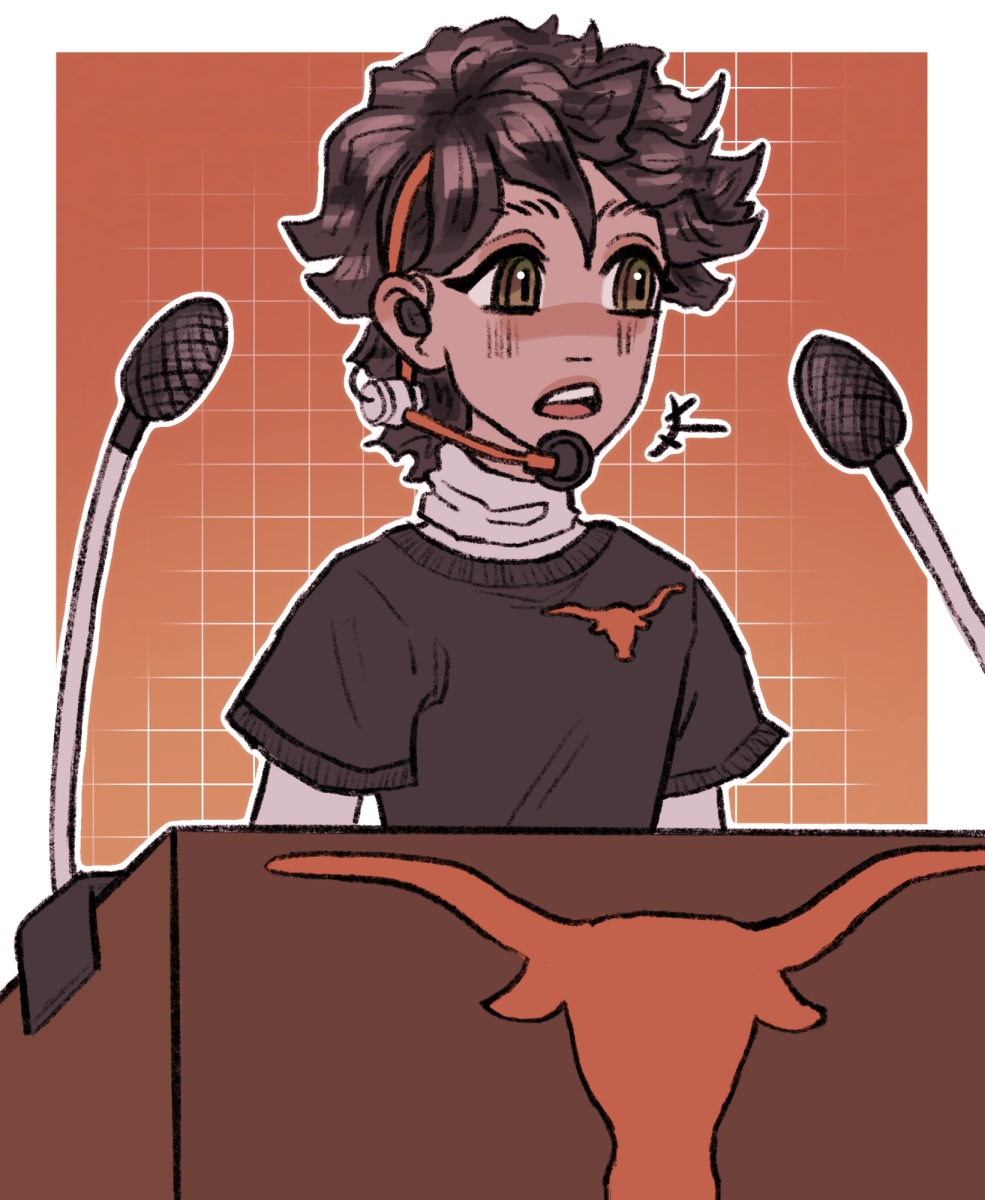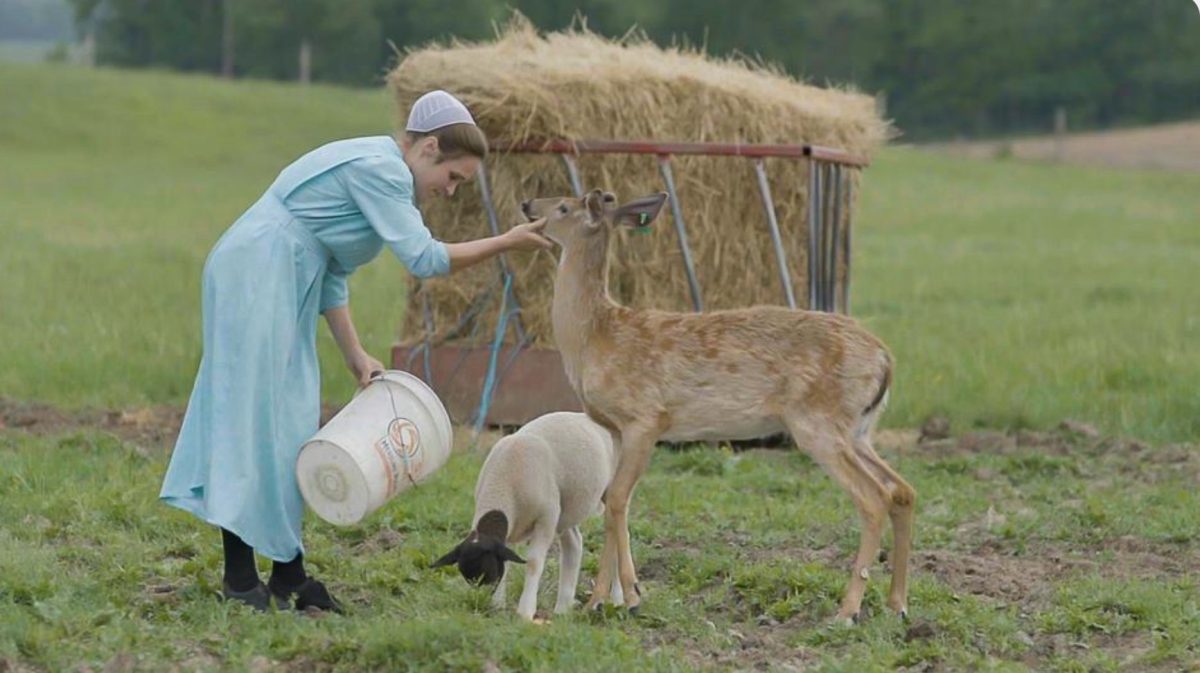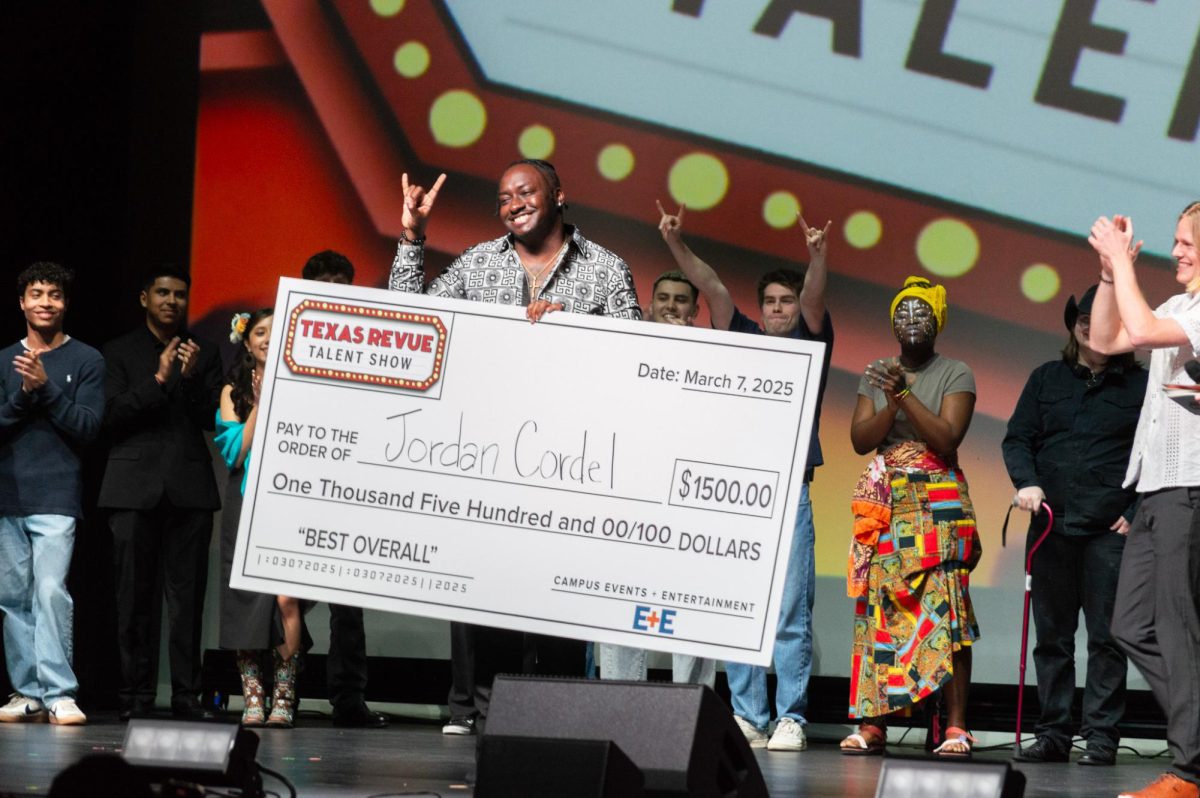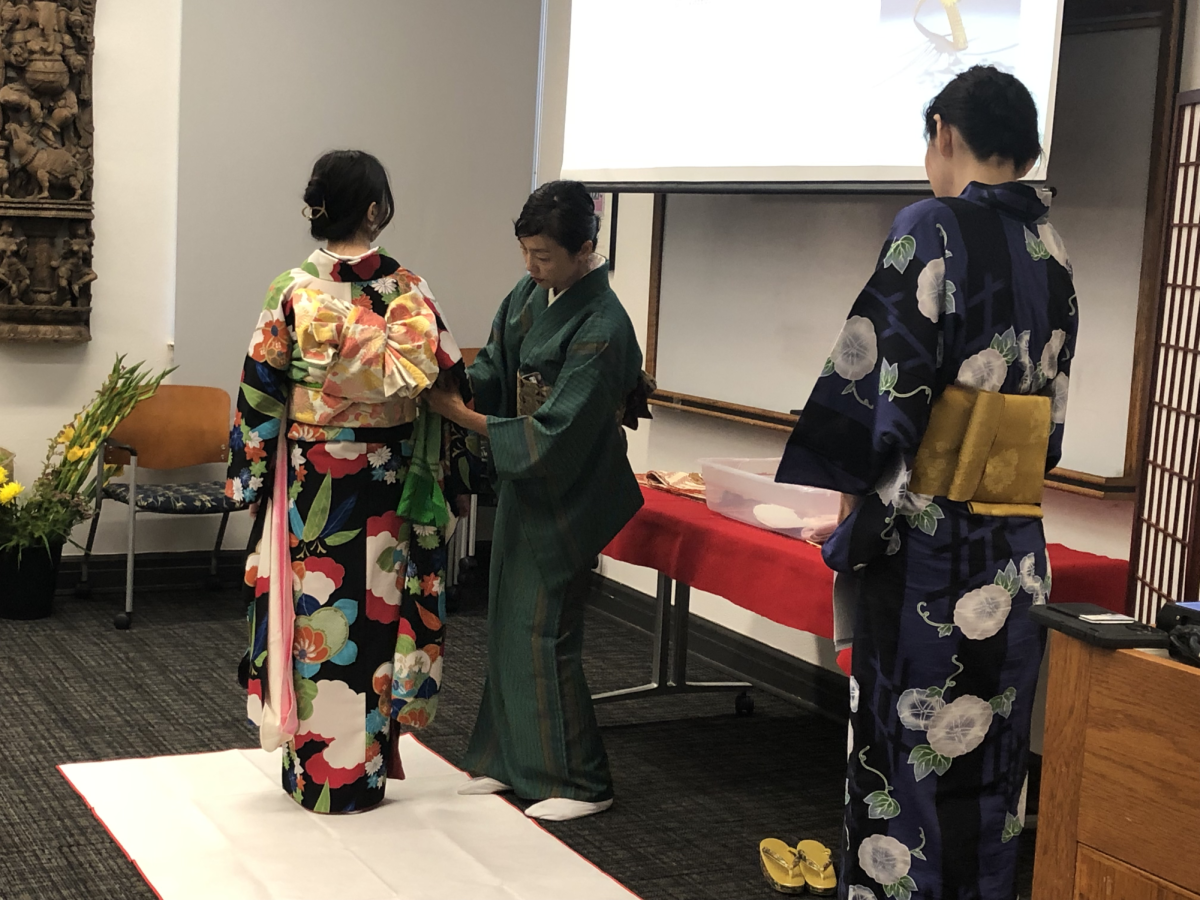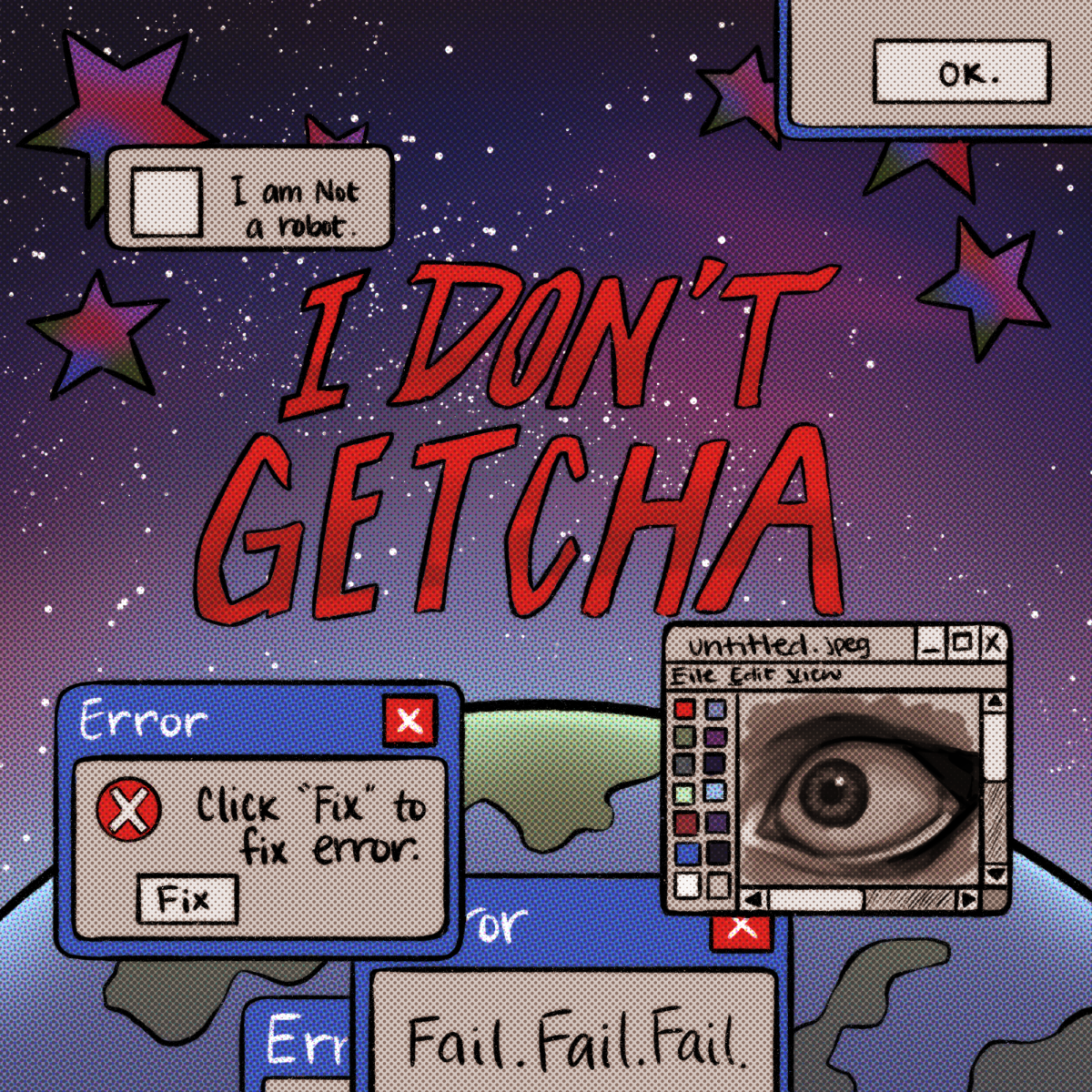As a freshman navigating the Forty Acres amidst the pandemic, Arjun Rao decided to get involved in TEDxUTAustin after browsing HornsLink. Now, approaching the final days of his senior year, Rao will leave his mark on the organization as president for their seventh conference.
This Saturday at the Hogg Memorial Auditorium, the Annual TEDxUTAustin conference promises to deliver a diverse collection of speakers, performances and student artwork, united under this year’s theme: mosaic. Rao said he looks forward to bringing a broad scope of topics to the stage.
“A mosaic (is) a piece of art with a bunch of different colored pieces of glass, and all of them come together,” Rao said. “That’s kind of what we were thinking with our theme. We have 10 different speakers talking about topics ranging from following your dreams to saving the bats to how dance is important for your mental health. All those are not related in any tangible, direct sense, but all of them come together to form this really cool conference.”
Richard Reddick, dean of undergraduate studies and TEDxUTAustin speaker, said the diverse collection of talks connects in an engaging and relatable way.
“One of the things about TED Talks that makes them so impactful is (they are) typically people telling a story that’s connected to their own lives (that) tells a bigger story,” Reddick said. “We all come from very different parts of life, but we are all composing a portrait that people can see themselves in.”
Reddick, who will speak about the power of mentorships, said he feels excited about the unique experience each talk offers the audience.
“There’s lots of interactivity, which I didn’t really expect,” Reddick said. “Spoiler alert: There’s some parts where you’re not going to be sitting. That’s going to be exciting for me to get to see the audience’s experience.”
In preparation for the conference, the TEDxUTAustin Curation Committee worked hands-on with the presenters to craft their talks. Bat conservationist Merlin Tuttle, who will present his talk “Winning Friends, Not Battles,” was impressed by the team’s ability to tailor his presentation to suit TED’s typical audience.
“They were very helpful in helping me identify where the weak spots were,” Tuttle said. “They like those little (stories) that catch the audience’s attention. I was about to throw all of them out because I didn’t have time, but they helped me figure out a way to get some of those back in.”
Reddick said that he feels grateful for the opportunity to connect with people he may not otherwise have crossed paths with.
“In the process, you build a sense of connection and community to your fellow speakers,” Reddick said. “I’m probably as excited about hearing my fellow speakers as I am about talking. I didn’t really bargain for the part about being in this community of folks and learning these really cool things that are happening in my own backyard.”
Rao said he hopes the conference will encourage audiences to hear perspectives.
“I’m hoping that audience members will show up with an open mind because I’m not asking them to agree with everything our speakers say — actually, I’d rather they don’t,” Rao said. “It allows people to think a little bit more critically about what positions they’ve held in the past. That’s what I hope audience members take out of it, just being able to consider another point of view.”

